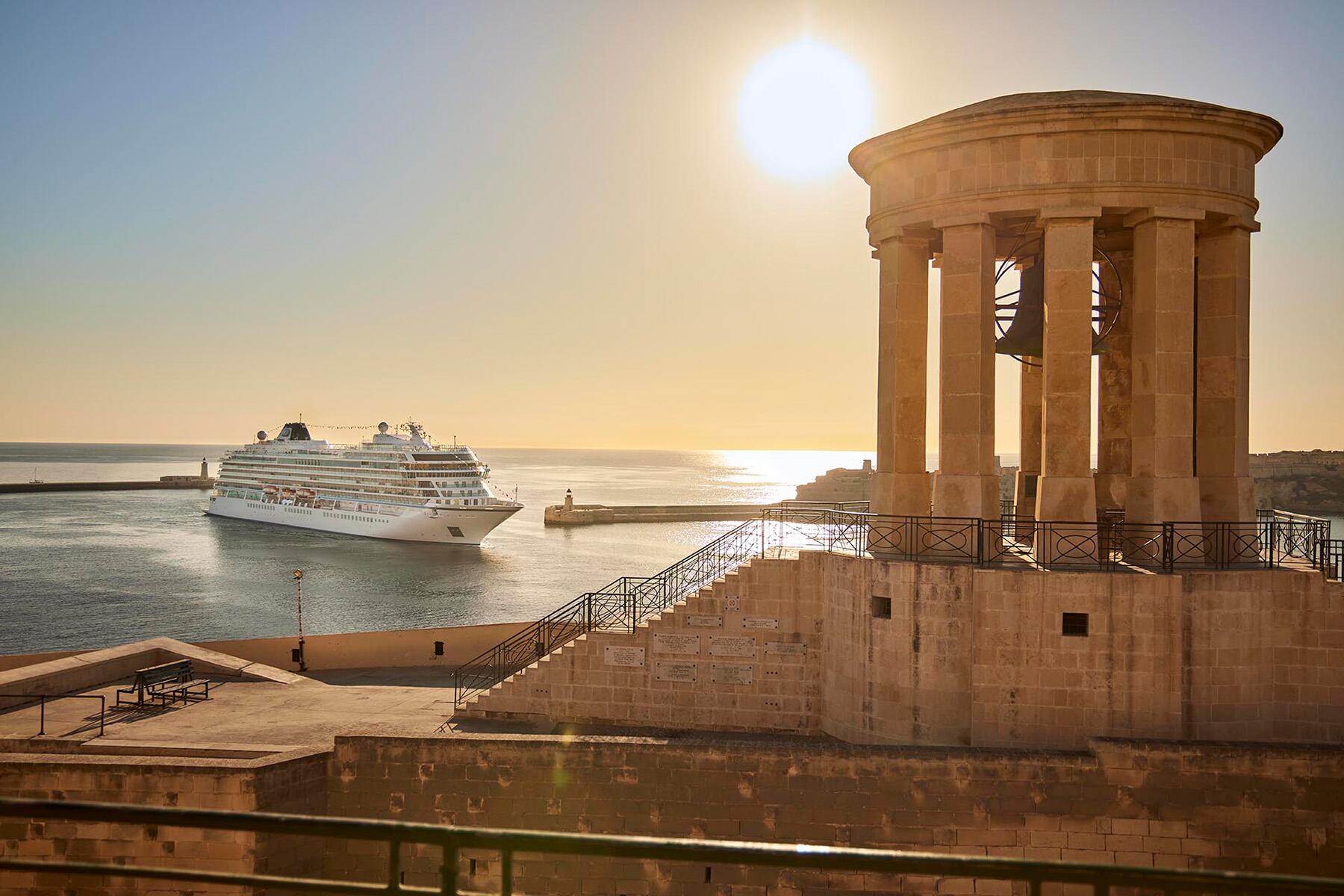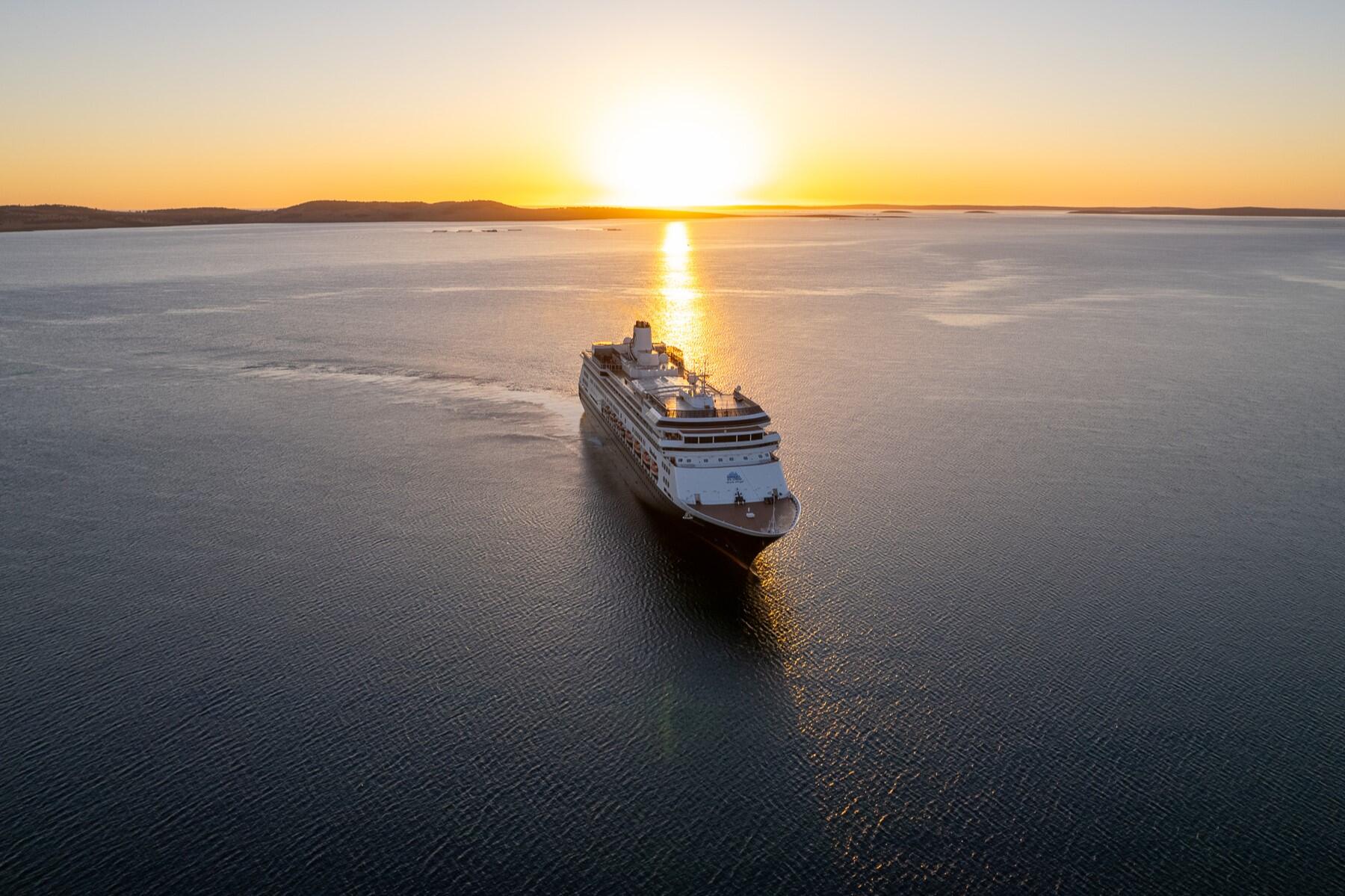No, you shouldn't.
Humans may not be the only species distressed since 2020. Since the Spring of that year, there has been an increase in orca encounters with small boats, particularly off the coasts of Spain, Portugal, and Morocco.
Experts, however, caution that there’s no reason to believe that the orcas are out for Moby Dick-style revenge. Most orca experts note that in spite of past human aggression toward orcas—also colloquially known as “killer whales” because of their aggressive pack hunting techniques—the whales do not have a history of aggression toward humans.
Orcas are distinctive in that they are also some of the largest ocean mammals to be maintained in captivity, which seems to be driving some corners of the internet to suggest that the orcas are seeking revenge, but researchers aren’t convinced.
The same experts noted that orcas are highly social creatures, with complex social structures and behaviors. Orcas have been observed perpetuating what appear to be behavioral “fads.” In the 1980s a female orca was spotted off the U.S. Pacific Coast wearing a dead salmon like a hat, and other orcas followed suit for several months until the fad died out. Fad behavior is also not limited to orcas–primates have also been recorded taking on observed behaviors in groups.
Recommended Fodor’s Video
Should Travelers Be Concerned?
Although an increase in Orca encounters has been observed, they’re still relatively rare.
Orca experts believe that the current spate of encounters is likely a matter of the whales being curious, bored, or playful toward passing boats, rather than harboring ill-intent. If anything, orca encounters give travelers exciting stories (and possibly some photos or video) to take back home as mementos of their trips.
There’s no evidence so far that the encounters have been aimed specifically at people (orcas also demonstrate pack behavior with dolphins and sharks for what appears to be recreation, as those species are not typically prey), so they’re most likely a phenomenon that has more entertainment value than anything else.
It’s worth noting, however, that like with any wild animal encounter, travelers should keep a safe distance and use common sense in their interactions. Even in European waters reporting an increase in orca encounters, there’s no major concern for traveler safety and no reason to consider cancelling ocean-going excursions, beach breaks, or ocean swimming for safety reasons.
What to Do If an Orca Attacks
In most circumstances, orcas will ignore boats. In the reported incidents, the pods of orcas approached smaller craft, such as sailboats, and swamped them or rammed them.
Experts recommend turning off autopilot and staying clear of the boat’s wheel or tiller in case orcas decide to ram or turn the boat. The wheel or tiller could turn with little warning, causing injury.
It’s also recommended to stay discreet on the deck of the vessel, as clamoring or excitement from the vessel’s occupants could further pique the orcas’ curiosity and interest, particularly if their intent is playful. Discreet video of the encounter should be taken so the orcas’ markings and behaviors can be observed by the authorities and orca specialists who track their behavior. It’s most likely the whales will get bored and eventually move on, although there have been reports of at least one sailing vessel being sunk.
The most important thing when dealing with orcas is to stay out of the water. There are no recorded reports of human deaths during orca interactions in the wild, but their behavior can be unpredictable so it’s best to keep clear. In the event entering the water is unavoidable, remain close to the vessel, attempt to reboard it or another vessel or lifeboat, or remain still in the water. Orcas generally take interest in moving objects.
To disperse orcas, travelers can try making sounds that could annoy them, like hitting hard or metal objects against the side of the boat or safely in the water.
Although there have been reports of increased orca encounters, the likelihood that they pose danger to life or limb is low, so with caution, it can ultimately be a rewarding experience to be able to see these fascinating ocean creatures up close, so be sure to savor (or record) the moment as a charming memento of an exciting day on the world’s oceans.




